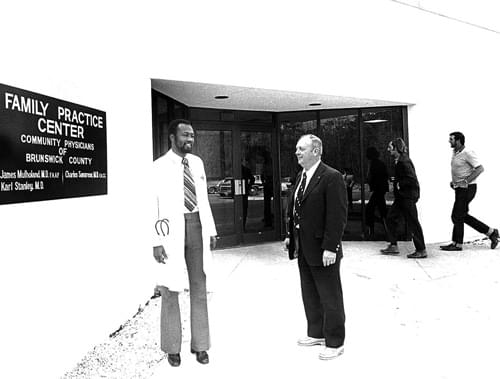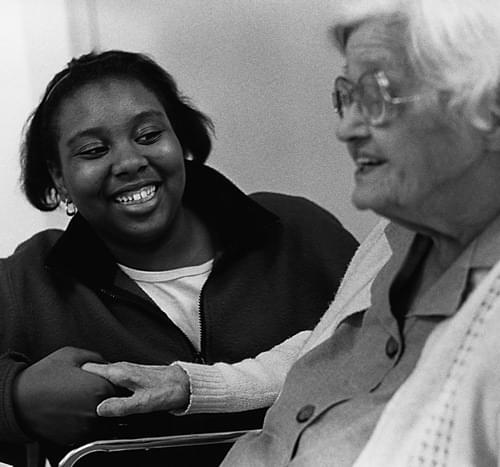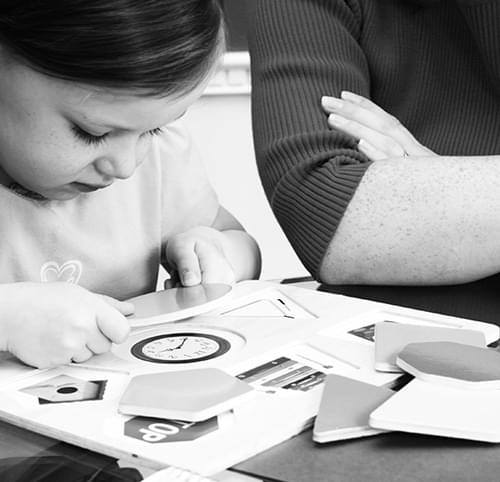

partners in progress
2019 Annual Report
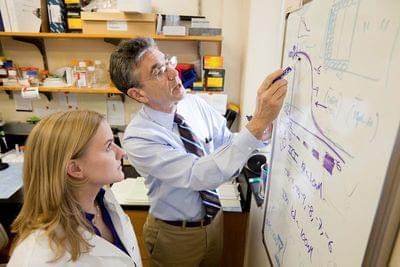
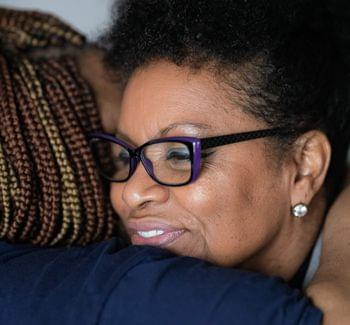
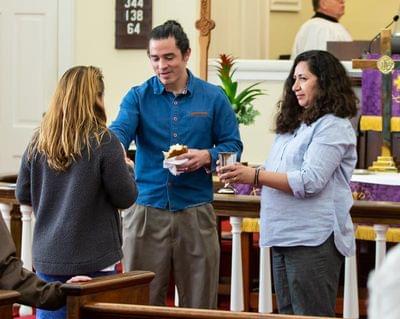





Since its founding in 1924, The Duke Endowment has had the privilege of supporting high quality organizations across North Carolina and South Carolina. Over our 95 years, we have worked together to safeguard children, strengthen health care, bolster education and fortify spiritual life. Our communities face daunting hurdles, and gaining ground toward change can prove difficult. Joining with strong partners — grantees, foundations, public systems, experts in the field — provides the best chance for impact.
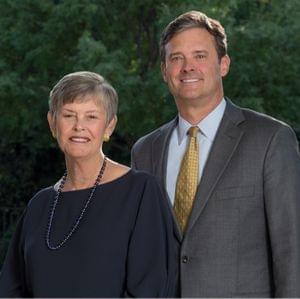
Today, amid the crisis created by COVID-19, this is even more true. The pandemic compounded persistent challenges — and even as it eases, its heavy toll will long affect our grantees, the essential services they provide, and the communities and families they are trying so hard to help. The Endowment is committed to working with our partners to support the Carolinas and the people who live here.
We chose the theme for this year’s Annual Report before the coronavirus impacted our lives so deeply, and now “Partners in Progress” seems especially timely. Health officials rightly urged us to stay apart to limit the virus’ spread, but it will take a collective effort to put our communities and families, especially the most vulnerable among us, on a track toward recovery. Coming to the table to share goals, strategies and resources is key to meaningful, sustained progress.
On the following pages, we invite you to read stories of how we engage as “collaborating partners” in our Child and Family Well-Being program area, “innovating partners” in Health Care, “contributing partners” in Higher Education, and “initiating partners” in Rural Church. We also share an update on our place-based initiative in Guilford County, North Carolina, that is focused on children prenatal to age 8. While no single model of effective philanthropy applies across all of our program areas, you will see common themes, including the importance of system change, evidence building and communicating what we learn.
In closing, we want to pay tribute to a beloved member of our Board, Wilhelmina M. Reuben-Cooke, who died on October 22, 2019. Elected a Trustee in 2007, Mrs. Reuben-Cooke served over the years as Chair of our Committee on Educational Institutions and Chair of our Committee on Trustees and Governance. A generous mentor and inspirational leader, she had the unique ability to draw people together as partners toward a common good. We will miss her wisdom, guidance and friendship.
Recently at The Duke Endowment, staff members collaborated across teams to explore the roles we play in our philanthropic partnerships.
We identified each program area’s “philanthropic approach” by considering our founder’s directives, current challenges and opportunities, and the impact our grantmaking dollars might make relative to other funding in the field. We hosted panels, forums and conversations to gather feedback from grantees and stakeholders.
As hoped, the effort helped us shape and sharpen our strategies. It pushed us to reflect on how our goals and grantmaking align to achieve positive outcomes — or, put more simply, why we direct our resources the way we do. To borrow from evaluation consultant Michael Quinn Patton, the analysis helped us “make explicit what is often only implicit.”

For Keily, getting her 8-year-old ready for school had become a dreaded ritual. She’d find him in bed instead of getting dressed or playing instead of eating breakfast. Nagging escalated to shouting; knowing that she’d be late for work — again — made her temper boil. When Keily heard about The Incredible Years, a training program that builds effective parenting skills, she signed up.
“Something had to change,” the North Carolina mom says. “I learned how to develop clear schedules and better communicate expectations about behavior. Our relationship is stronger and there’s much less tension between us.”
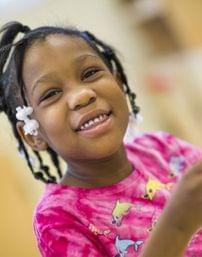
In the Carolinas, public and private partners have been working together to make sure that more caregivers have the resources they need to create safe, stable and nurturing environments for children. The partnerships include state agencies, nonprofits, a university team and The Duke Endowment. The goal is to prevent the consequences of abuse and neglect by making evidence-based programs available to all children and families in both states.
“I learned how to develop clear schedules and better communicate expectations about behavior. Our relationship is stronger and there’s much less tension between us.”
“These cross-sector groups are committing to a shared mission, with everyone contributing different resources and expertise,” says Ravenel Curry, chair of the Endowment’s Committee on Child and Family Well-Being. “Everyone is at the table to help children thrive and families succeed.”
In North Carolina, the Endowment, the N.C. Division of Social Services (DSS) and the North Carolina Partnership for Children are funding The Incredible Years and Strengthening Families Program. DSS, the Division of Public Health and the Endowment are also funding the Triple P Positive Parenting Program. For each program, the Endowment’s funding focuses on implementation support offered by The Impact Center at UNC Chapel Hill’s Frank Porter Graham Child Development Institute (FPG) and Prevent Child Abuse North Carolina.
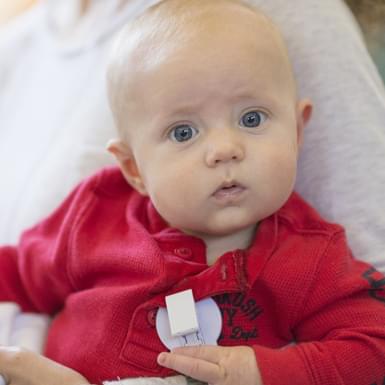
In South Carolina, beginning with three counties, the Endowment is working with Children’s Trust to expand Triple P across the state. The Impact Center at FPG is partnering with Children’s Trust to ensure implementation support. The Endowment, the S.C. Department of Social Services and Children’s Trust are also supporting the Strengthening Families Program statewide.
Will Aldridge, director of The Impact Center at FPG, believes these strong partnerships are essential for lasting change. So far, program outcomes in both states are exceeding expectations and, in the case of Strengthening Families, the outcomes exceed national norms.
“We’ve tried business as usual for decades — a single organization’s program here; a state agency initiative there,” Aldridge says. “But even with pockets of excellence, nothing has been sufficient to create success at scale. Working arm-in-arm — doing ‘business unusual’ — is key to what we’re accomplishing now.”

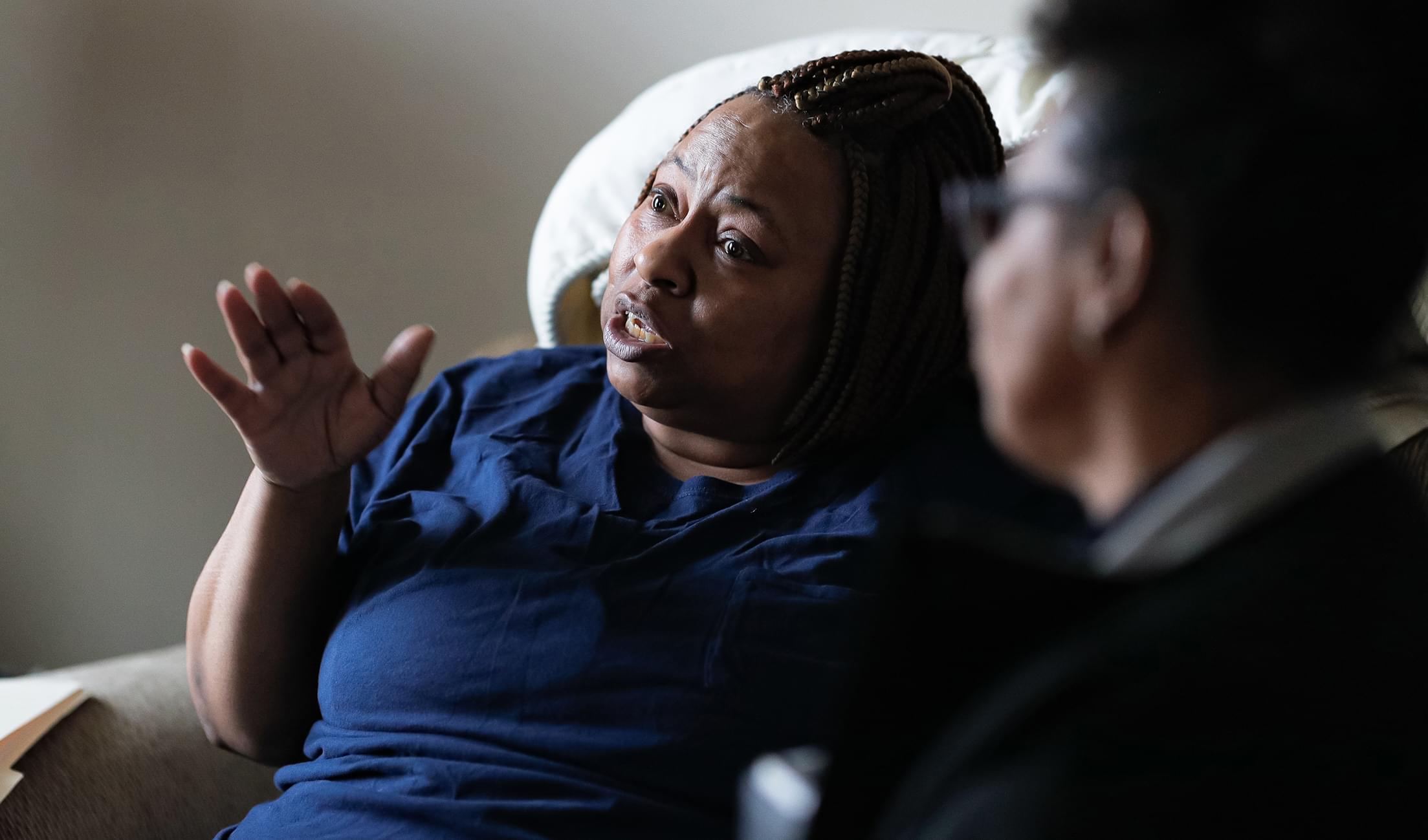
As a community health worker in Greenville, South Carolina, Barb Dendy spends her days supporting at-risk patients in their homes, helping them navigate their medical and social needs. “Miss Barb,” as her clients call her, arranges transportation to clinics. She makes sure prescriptions are refilled. She lines up access to nutritious meals.
“To truly change someone’s health status, you must also address food insecurity, stable and safe housing, literacy, transportation, personal relationships and supports,” she says. “My goal is to be the trusted person who can confront those challenges, connect patients to resources and help people make positive changes for good health.”
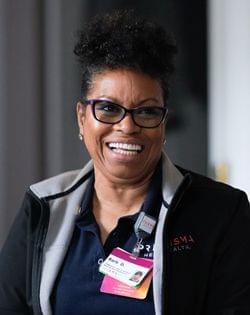
Amid national health care reform efforts, and with a bigger spotlight on how social determinants impact our health, community health workers have emerged as a promising way to reduce disparities, lower costs and improve outcomes for vulnerable patients. By encouraging healthy behaviors and focusing on holistic needs, community health workers can be important members of care delivery teams, especially in rural and underserved areas.
According to several studies, community health workers and the interventions they deliver can improve chronic disease control, quality of care and mental health, and reduce unnecessary trips to the emergency room and hospitalization.
“My goal is to be the trusted person who can confront those challenges, connect patients to resources and help people make positive changes for good health.”
In 2019, The Duke Endowment partnered with the BlueCross BlueShield of South Carolina Foundation and the University of South Carolina’s Arnold School of Public Health to help South Carolina take a leading role in rigorously testing and demonstrating the model.
One goal is to expand the workforce pipeline through recruiting, training and field placement. Researchers will also measure economic return on investment and examine how new payment models can sustain services. Five pilots will look at how the community health worker role functions in diverse health care settings.
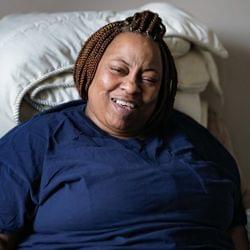
“Right now, there aren’t enough skilled community health workers to meet demand,” says Charlie Lucas, chair of the Endowment’s Committee on Health Care. “The Endowment’s goal is to give more communities a chance to understand and implement this promising intervention — and give more Carolinians an opportunity to lead full lives.”
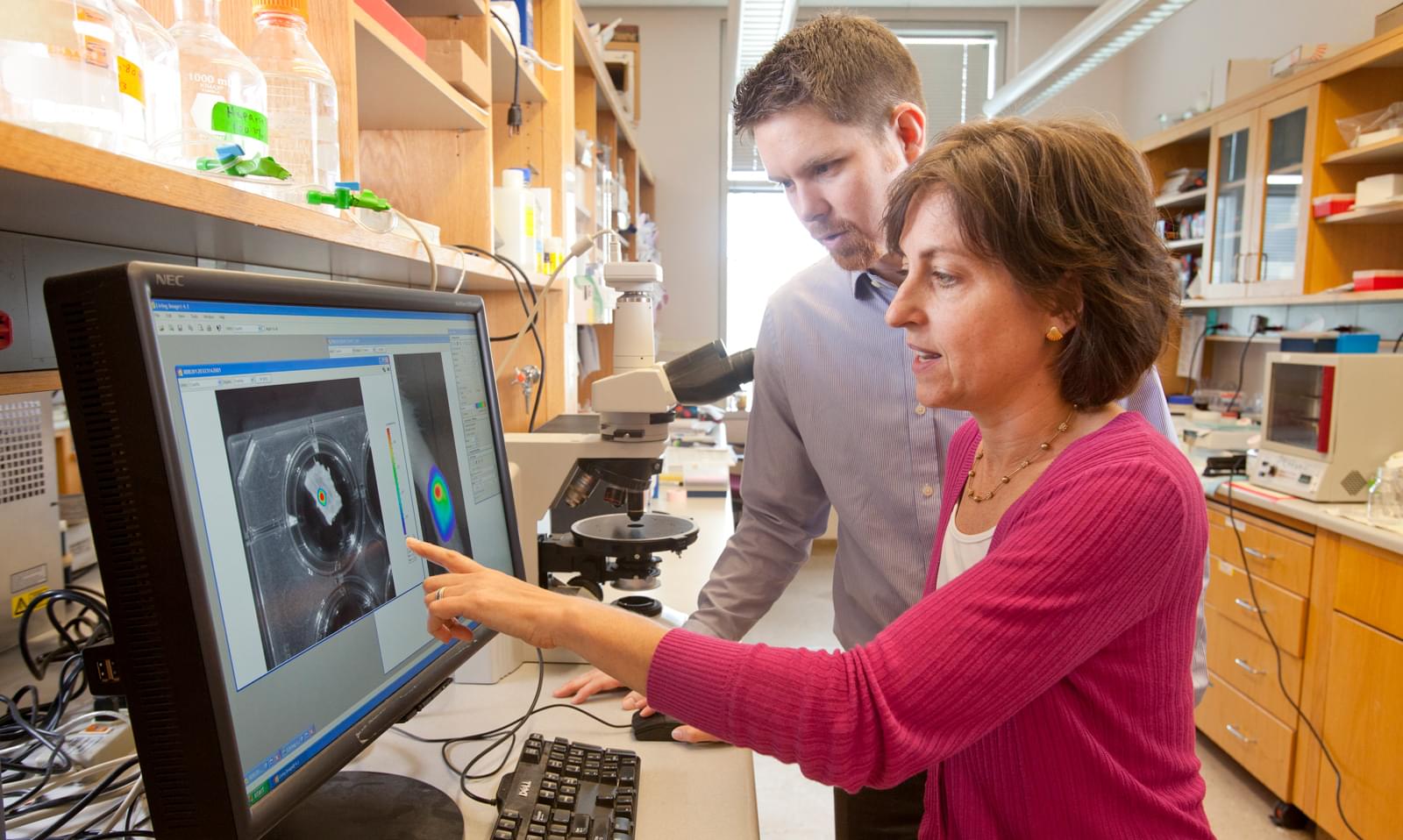
At many colleges and universities, professors who accept leadership positions within their departments or as members of the administration receive little training for their new roles. While they may have had successful careers as teachers and researchers, they face new challenges when it comes to managing an academic unit or leading a university committee.
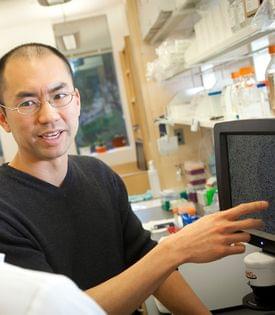
Davidson College, Duke University, Furman University and Johnson C. Smith University have been working together to address this important training need. With funding from The Duke Endowment, they’ve launched initiatives focused on building essential leadership skills needed for today’s higher education landscape.
“After hearing from the chief academic officers at all four schools that leadership development was a critical issue for recruiting, developing and retaining top faculty, we knew that the Endowment could contribute to the solution,” says Bill Barnet, chair of the Endowment’s Committee on Educational Institutions. “The Endowment’s support has allowed the schools to create programs that address their unique campus priorities, while sharing insights and best practices along the way.”
At Duke, the grant supports the initiatives of the university’s first Vice Provost for Faculty Advancement, hired to oversee efforts that strengthen faculty recruiting and provide tools for success. His office hosts the university’s “Leading an Academic Unit” program, which offers a year-long workshop series with sessions on topics such as effective communication strategies and fostering a respectful teaching and learning environment.
“The Endowment’s support has allowed the schools to create programs that address their unique campus priorities, while sharing insights and best practices along the way.”
At Furman, the funding helped advance the work of the university’s new Faculty Development Center, which provides sessions on listening with empathy, conflict management, giving and receiving feedback, and other topics. Workshops used cohorts to strengthen social networks and professional growth. The university also created a mentoring program that matches strong department chairs with professors who are new to the role.
Davidson and Johnson C. Smith, with campuses just 20 miles apart, chose to work together, pairing faculty from each school for dialogue and problem-solving. Along with individualized executive coaching, the program offers group sessions on managing change, approaching difficult conversations and developing a leadership vision. The first cohort began working together in 2019.
Program evaluation is ongoing, but the Faculty Leadership Development initiative is already contributing to the higher education sector. At a recent conference of the Association of American Colleges and Universities, for example, representatives from the four schools presented their work in a session moderated by a Duke Endowment program officer.
“The payoff comes as department chairs, program leaders and deans continue to build the leadership skills to engage most effectively with each other and with all faculty,” says Fuji Lozada, an associate dean at Davidson. “Ultimately, this strengthens the experience for our students.”
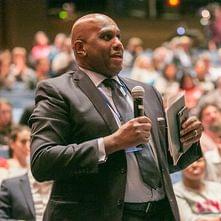
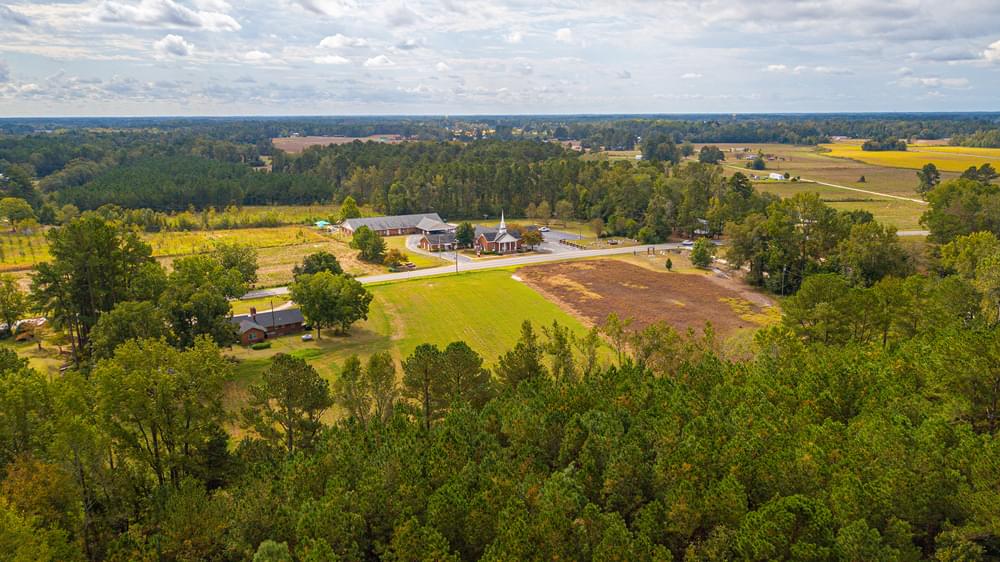
In one rural town, a vacant church will reopen as a much-needed women’s shelter. In another, an empty fellowship hall will offer space for community health services. Unused land at a third church will give rise to affordable housing for seniors.
“For many congregations, especially in some of our rural regions, unused land and empty buildings have become more of a burden than an asset.”
Those are just a few of the successes coming from Seeds of Change, a training program that helps United Methodist churches in North Carolina find innovative ways to use their property and reclaim a vital role in their communities.
The program began in 2015 with a $415,000 grant from The Duke Endowment to Wesley Community Development, a nonprofit that was founded with Endowment support in 2002. With research showing that church real estate is often underused and overlooked, the Endowment wanted to help the denomination find a better system for managing its property. The work is part of the Endowment’s Church Legacy Initiative, which seeks to support congregations as they learn how to use their assets for the communities they serve.
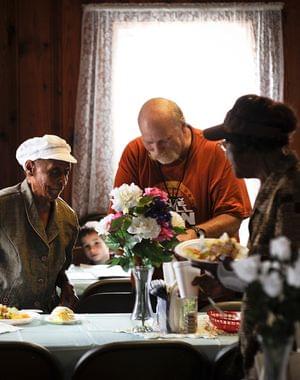
“For many congregations, especially in some of our rural regions, unused land and empty buildings have become more of a burden than an asset,” says Dr. Dennis Campbell, chair of the Endowment’s Committee on Rural Church. “The Endowment wants to help them discover ways to use those resources in meaningful ministry to others.”
Pastors and lay leaders from more than 40 churches have participated in Seeds of Change. During workshops, they calculate the percentage of time their facilities are used during the week — on average, it’s 12 percent — and study demographics to learn about pressing community challenges. They share concepts with each other and develop action plans to discuss back home.
Some participants leave with ideas for repurposing existing space. Others see potential in selling. Congregations have launched outreach programs, built community gardens and leased empty space for coworking.
Several projects are in the pipeline. One church is modifying a structure to help a food bank provide meals. In Gaston County, a congregation is transitioning its church into offices for local nonprofits. Another church is redeveloping a 20,000-square-foot building to house a mix of retail and offices.
“Churches can foster new futures for families, provide safe housing for seniors and contribute to healthier and more resilient communities — but first they have to accept the need to do something different,” says Wesley’s president, Joel Gilland. “Our goal is to plant seeds of possibilities and help congregations move to the next step.”
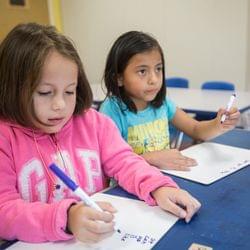

What if you could give every child in a community a better chance at success in school and life?
“Everyone wants to make sure the parent perspective is heard — and that families across the county feel included — as excitement about this initiative grows.”
That’s the aim of Get Ready Guilford, an ambitious initiative in Guilford County, North Carolina, spearheaded by The Duke Endowment and Ready for School, Ready for Life, a leading early childhood organization. The goal is to improve individual and population-level outcomes among 55,000 children, prenatal through age 8, in five areas: planned and well-timed pregnancies; healthy births; on-track development for infants, toddlers and preschoolers; school readiness at kindergarten; and success by third grade.

Families are at the heart of this initiative and Ready Ready’s thriving Parent Leader Network has played a valued role in shaping each step. At monthly meetings, parents test and generate ideas, give feedback, and advocate for their own needs and others.
“These parents are change agents, consultants and partners,” says Amber Robinson, who leads the network and serves on Ready Ready’s board. “Everyone wants to make sure the parent perspective is heard — and that families across the county feel included — as excitement about this initiative grows.”
Phase I of Get Ready Guilford is focused on families and children prenatal to age 3. First year highlights have included designing a community-wide case management system and expanding access to the three evidence-based programs that anchor the initiative: Nurse-Family Partnership, Guilford Family Connects and HealthySteps. Beginning in 2022, Phase II will expand services to ages 3 to 5, while laying the groundwork for serving children along the entire developmental continuum. Leaders expect the work to span a decade.
For its first three years, Get Ready Guilford has received support from Blue Meridian Partners, a pioneering philanthropic collaborative that finds and funds scalable solutions to problems that limit economic mobility and trap America’s young people and families in poverty. The Endowment joined in 2015. Blue Meridian has approved $32.5 million for Get Ready Guilford, with The Duke Endowment contributing half of that investment.
For the Endowment, this work is part of a strategic emphasis on early childhood being carried out through its four program areas and select “place-based” initiatives.
“Our role in Guilford is to help catalyze and build on the positive social change that has long been a part of the community,” says Dr. Jean Spaulding, chair of the Endowment’s Get Ready Guilford Committee. “With many other partners, we are working to ensure that every family has what it needs individually to put the entire county on a path to better and more equitable early childhood outcomes.”

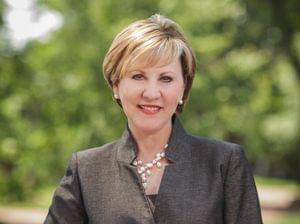
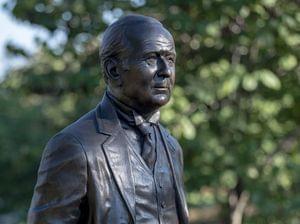


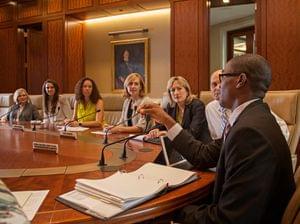

The ongoing COVID-19 pandemic is causing significant social and economic upheaval in the Carolinas. Unemployment levels are soaring. Hospitals and public health systems struggle to remain financially sound and to secure essential supplies. Food insecurity is worsening, with demand rising by as much as 380 percent at some food banks. Grantees and partners across our four grantmaking areas have been deeply affected.
The Duke Endowment is responding aggressively, approving $6 million in grants to help North Carolina and South Carolina. The Board of Trustees in March approved a $2.5 million grant to help statewide efforts centered on access to health care and sustaining social supports. Of that funding, $1.25 million is being dispersed through the North Carolina Healthcare Foundation, the charitable nonprofit affiliate of the North Carolina Healthcare Association. In South Carolina, $1.25 million is being dispersed through One SC, a fund created at Central Carolina Community Foundation in 2015 to respond to natural disasters.
Recognizing the importance of food nutrition and distribution to each of our grantmaking areas, our Board of Trustees approved in May a $3.5 million grant to Feeding the Carolinas — a network of 10 food banks serving more than 3,700 charitable agencies across the two states. The aim is to help these critical community food banks bridge operational challenges brought on by the crisis, including declines in volunteers and retail donations.
With experts predicting enduring negative impacts from the crisis, we stand ready to help the Carolinas meet the challenges ahead.

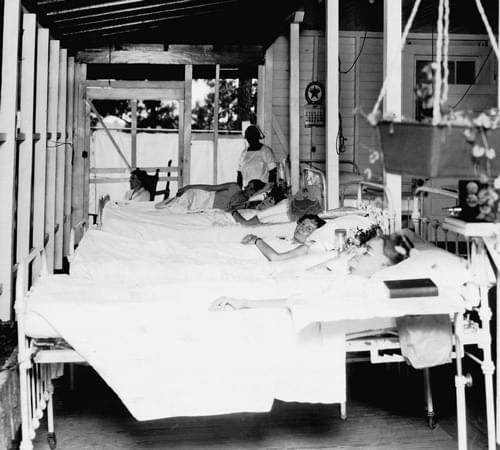


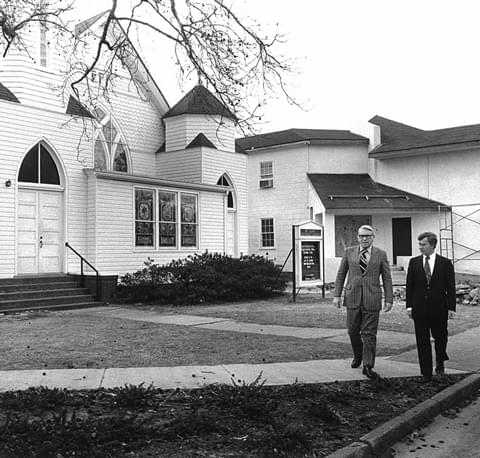
The Duke Endowment in Charlotte, North Carolina, is a private foundation established in 1924 by industrialist and philanthropist James B. Duke. We seek to fulfill his dream for the Carolinas by enriching lives and communities through children’s services, health care, higher education and rural churches. Mr. Duke’s legacy endures today in every life touched, every institution advanced and every innovation discovered.
